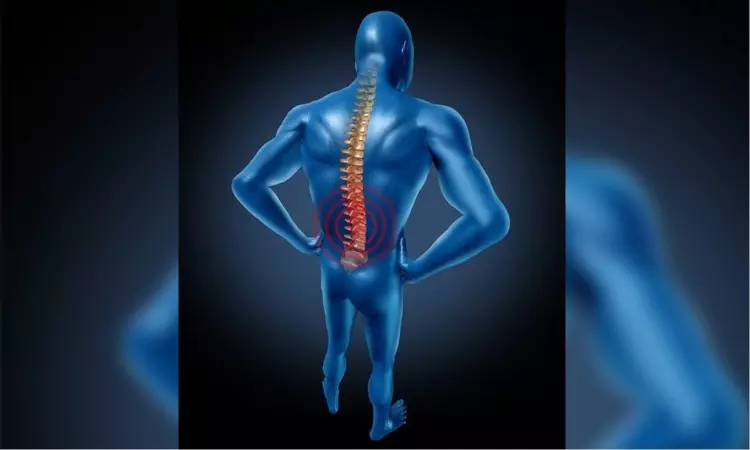DT Health: Tracing influence of Spinal Muscular Atrophy
Patients of SMA undergo the loss of motor neurons situated in the spinal cord, which adversely affects their capacity to crawl, walk, sit, and manage head movements.

Representative image
CHENNAI: Spinal Muscular Atrophy (SMA) is a rare genetic condition characterised by the gradual weakening of muscles due to a deficiency in the survival motor neuron (SMN) protein. This deficiency results from a mutation in the Survival Motor Neuron 1 (SMN1) gene, making SMA the leading cause of infantile deaths globally.
Patients of SMA undergo the loss of motor neurons situated in the spinal cord, which adversely affects their capacity to crawl, walk, sit, and manage head movements.
Some other symptoms include the weakening of arms and legs, challenges in movement, muscle tremors, bone and joint issues, respiratory complications, and difficulties with swallowing. Dr Sujatha Jagadeesh, Head Department of Clinical Genetics, Mediscan and Director of Centre of Excellence for Rare Disorders VHS Adyar says that the recent advancements in medicine and technology have significantly improved outcomes for individuals with SMA.
“Specialised equipment, such as wheelchairs and strollers, plays a crucial role in enhancing everyday functioning for patients with mobility challenges. Respiratory support is critical for managing SMA, particularly due to its impact on the muscles responsible for breathing.”
Having skilled pulmonologists on the team, along with access to BiPAP machines and cough assist machines, proves beneficial in addressing respiratory concerns. Doctors say that regular exercise is essential for maintaining muscle strength and health. Stretching exercises, such as yoga, help maintain flexibility while breathing exercises strengthen respiratory muscles.
“Monitoring nutritional intake is crucial for individuals with SMA and consultation with a nutritionist is recommended. A diet rich in fruits, vegetables, whole grains, and lean proteins should be emphasised. Palliative care, a specialised approach providing relief from symptoms and stress, can enhance the overall well-being of SMA patients and their families,” added Dr Sujatha.



